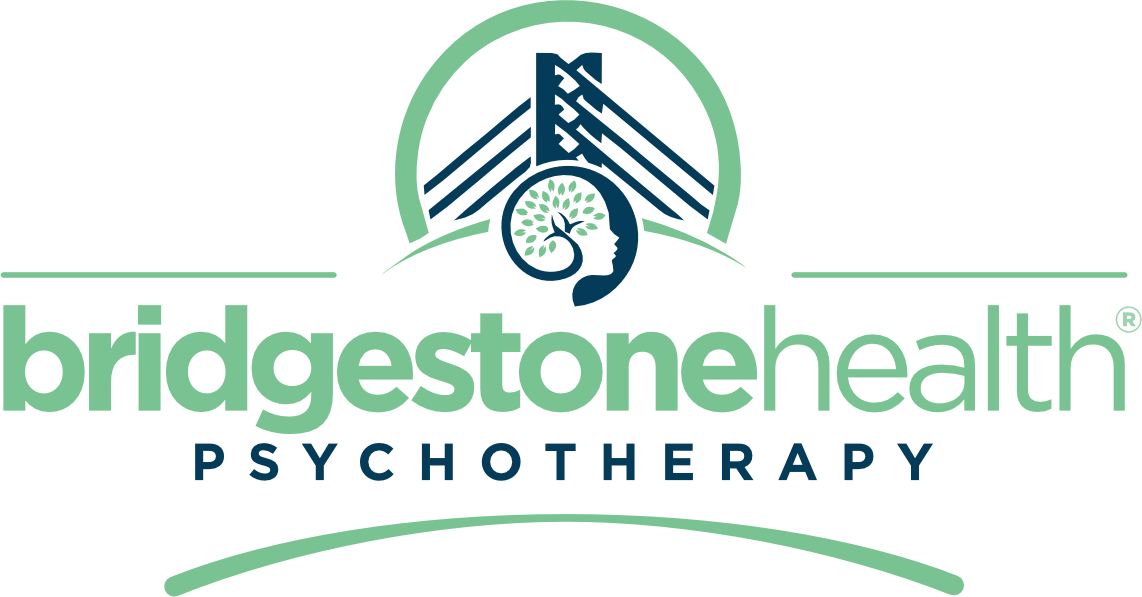Starting Therapy in Houston: What to Know Before Your First Counseling Session
You're stuck in Houston traffic on I-10, mind racing with worries about work or family. Your heart pounds just thinking about that first therapy appointment. It's normal to feel a knot in your stomach, but showing up is a huge win for your mental health.
This guide breaks down everything you need to know before your initial counseling session in Houston. We'll cover why therapy matters here, how to pick the best provider, and tips to prep without stress. Stick around for steps on what happens next, so you walk in ready and walk out stronger.
Why Start Therapy? Understanding the Benefits
Therapy can change how you handle daily life. In a big city like Houston, it helps with the constant buzz of energy and change. Let's look at why it's worth your time.
Recognizing When You're Ready for Therapy
You might notice sleep slipping away or small things setting you off. Maybe a job shift or family issue lingers in your thoughts. These signs whisper it's time for support.
Try jotting down your feelings in a notebook each day. Ask yourself: Do these moods stick around? If yes, therapy could clear the fog. In Texas, one in five adults faces mental health struggles yearly, so you're not alone.
Life changes like moving or losing a loved one often push people to start. Listen to your gut. If talks with friends don't help anymore, that's your cue.
Key Benefits of Counseling for Houston Residents
Therapy cuts down stress from long commutes and high-pressure jobs. It builds tools to cope with Houston's mix of cultures and fast city vibe. You gain clarity on goals, like balancing work and home.
For locals, sessions ease worries about diversity or urban hustle. Virtual options fit busy schedules, so no need to fight rush hour. Many report better sleep and sharper focus after just a few visits.
Think of it as a tune-up for your mind. In Houston, where oil jobs and tech boom add pressure, counseling sparks personal growth. It helps you thrive, not just survive.
Therapy Myths Debunked
Some think therapy means you're broken or weak. That's not true—it's like seeing a doctor for a check-up. Anyone can benefit, even on good days.
Another myth: It's only for big crises. Nope, it works for everyday tweaks too. Reframe it as investing in yourself, not fixing a flaw.
People worry it'll drag on forever. Sessions often wrap up in months if you stay consistent. Drop the doubts and see it as a smart step forward.

Choosing the Right Therapist in Houston
Picking a therapist feels like finding the perfect fit for your shoes. In Houston, options abound, from downtown spots to online pros. Focus on what matches your needs.
Types of Therapy and Specializations Available
Cognitive behavioral therapy, or CBT, shifts negative thoughts to positive ones. It's great for anxiety common in busy Houston life. Family therapy mends ties strained by long hours or cultural clashes.
Look for specialists in trauma or LGBTQ+ issues, key in our diverse city. Multicultural counseling helps immigrants or mixed families feel seen. Match your challenge to their strength for real progress.
Trauma-focused therapy heals old wounds from events like storms or loss. Houston providers often blend these with local insights, like handling hurricane stress.
How to Find Licensed Therapists in Houston
Start with Psychology Today—search "Houston therapist" for quick lists. Check the Texas State Board of Examiners site to confirm licenses. Read reviews on Google or Yelp for honest takes.
Call a few and ask about their approach. Does it click with you? Use directories like TherapyDen for filters on specialties. Aim for someone with experience in urban mental health.
In Houston, groups like the Houston Psychological Association offer referrals. Verify credentials online—it's easy and protects you. Narrow to three options, then book a consult.
Factors to Consider: Cost, Location, and Insurance
Sessions run $100 to $200 without coverage, but sliding scales help if money's tight. Ask about fees upfront. Major insurers like Blue Cross in Texas often cover part—check your plan.
Pick spots near you, like the Medical Center for easy access. Telehealth skips traffic jams, perfect for Heights or Katy folks. Weigh drive time against virtual ease.
Budget by noting out-of-pocket maxes. Some clinics offer free intakes. In Houston, community centers provide low-cost options for uninsured residents.
Preparing for Your First Session
Prep turns nerves into excitement. Think of it as packing for a short trip—essentials only. Houston's setup adds a few twists, like parking woes.
Setting Goals and What to Bring
List your top worries, like stress from work or relationships. Jot session goals: "I want tools for anger." Bring ID, insurance card, and that list.
Write three questions, say about their methods. A quick mental health timeline helps—note past therapy or meds. Keep it simple; no need for a novel.
Pack a water bottle and notebook. In Houston heat, stay comfy. This setup lets you focus on talking, not scrambling.
Managing Anxiety Before the Appointment
Breathe deep: In for four counts, out for four. Picture a calm spot, like a quiet park bench. These tricks quiet the pre-session jitters.
Schedule off-peak to dodge Houston's peak traffic. Early morning slots beat the rush. Remind yourself: It's just a chat, no judgments.
If anxiety spikes, call a friend for pep talk. Walk around the block to shake it off. You've got this—one step at a time.
Scheduling and Logistics in Houston
Book online through provider sites or apps like Zocdoc. Confirm details via email or text. Aim for weekdays when spots open up.
For in-person, plan parking—use apps like SpotHero near Galleria areas. The Medical Center has valet, but it costs. Virtual? Test your setup for smooth video.
Double-check the address and time zone—Texas spans zones, but Houston's central. Arrive 10 minutes early to settle in.

What to Expect During Your First Counseling Session
Your first session sets the tone. It's like a get-to-know-you coffee, but deeper. Relax; pros guide you through.
The Initial Intake and Rapport Building
Expect forms on history and consent—fill them out honestly. The therapist chats to build trust, asking why you're there. Share at your pace; no rush.
They explain rules, like privacy limits. Open up a bit to spark connection. If it feels off, that's okay—note it for later.
This phase lasts 10-15 minutes. Eye contact and nods show they're listening. Trust grows from here.
Common Session Structure and Duration
Most run 45 to 60 minutes. Start with check-in, then dive into your story. End with wrap-up and next steps.
Stay engaged—nod or ask back. If mind wanders, gently refocus. Discomfort might pop up; that's normal, signal it.
They might assign light homework, like tracking moods. Time flies, so glance at the clock if needed.
Questions You Might Be Asked
Expect probes on symptoms: "How long have you felt this way?" Or history: "Any family mental health issues?" Answer true, but skip details if uneasy.
They'll cover goals and daily impacts. "What brings you in today?" Be direct. It's your space—steer as needed.
No tricks; it's to understand you better. Practice responses if it helps.
After Your First Session: Next Steps and Self-Care
The real work starts post-session. Reflect and build habits. Houston's resources make it easier.
Reflecting on Your Experience
Jot notes right after: What felt good? Any red flags? Did the therapist listen well?
Weigh the fit—did you feel safe? If not, switch; many options exist. Give it one more if unsure.
This review sharpens future sessions. Pat yourself on the back—you showed up.
Building a Therapy Routine
Weekly or bi-weekly works for most. Follow homework to see gains. In Houston, join support groups via NAMI for extra backing.
Track progress in a journal. Adjust frequency as life shifts. Consistency builds momentum.
Link sessions to your calendar like any appointment. Miss one? Reschedule quick.
Self-Care Tips Between Sessions
Stroll Buffalo Bayou Park for fresh air and calm. Try mindfulness apps during breaks. Eat well and move—simple wins.
Connect with friends over coffee. Local yoga classes in Midtown boost mood. Rest when tired; it's key.
These habits bridge sessions, keeping gains alive.
Ready to Take the First Step?
Starting therapy in Houston means smart prep: Research providers, set goals, and ease into it. You've got tools now to face that first counseling session with confidence. Remember, small steps lead to big changes.
- Verify therapist licenses through state boards.
- Prep questions and a history list.
- Practice self-compassion—it's a journey.
Take action: Search for a
Houston therapist today. Our city brims with pros ready to help. Your well-being starts now.




